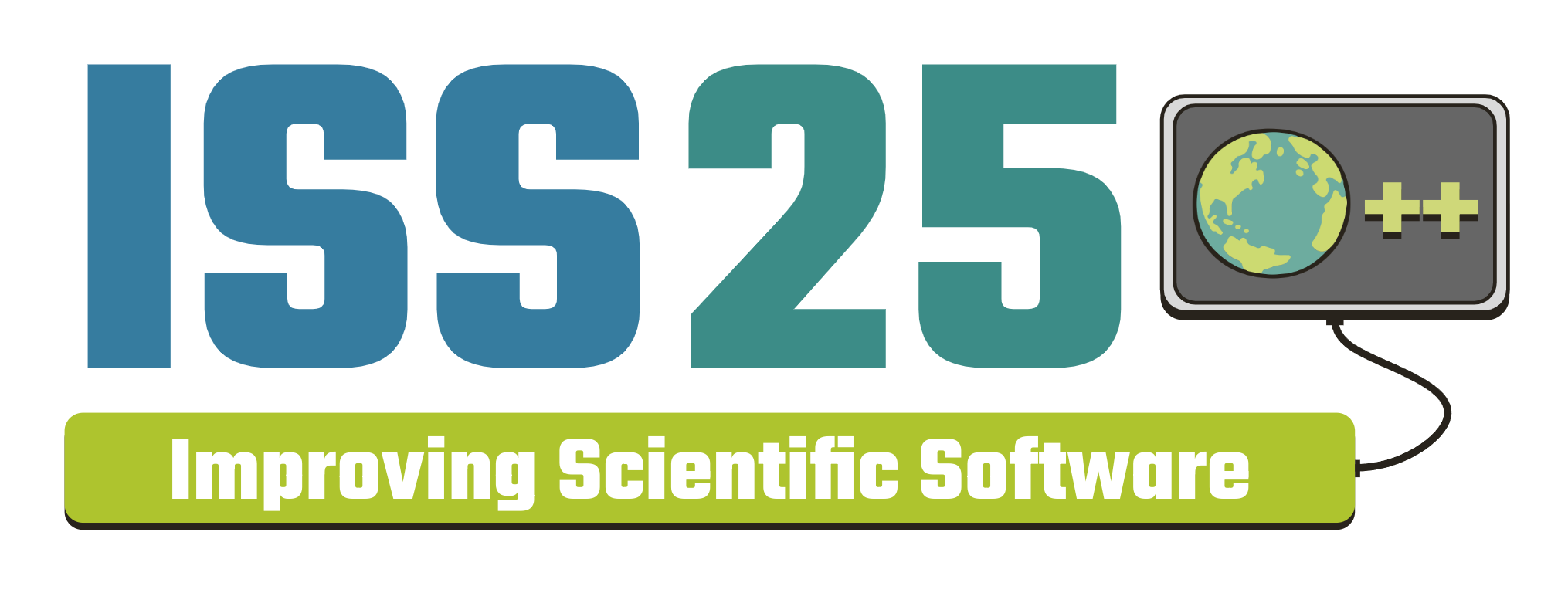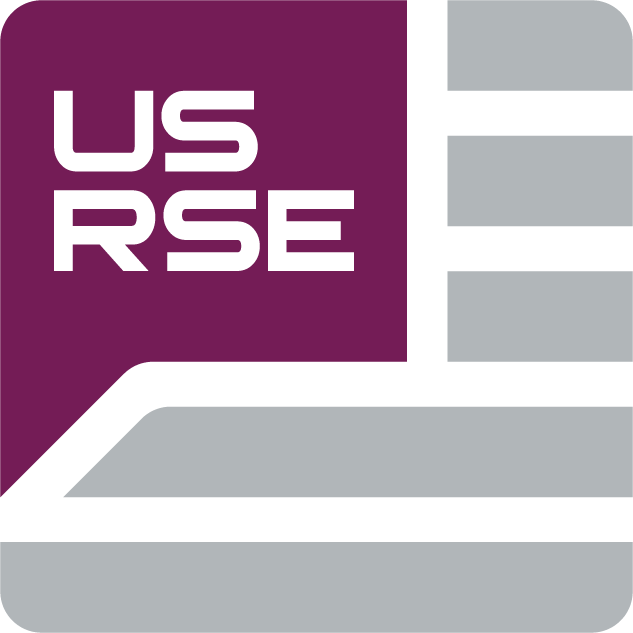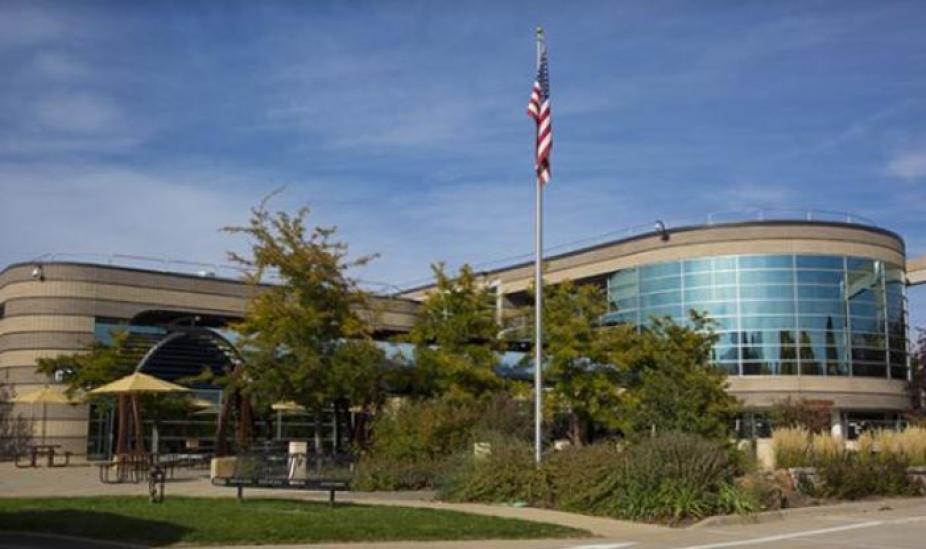Conference

The annual Improving Scientific Software Conference brings together software engineers, scientists, developers - any individuals with an interest in scientific software design - to share novel experiences and best practices, develop connections across divisions and institutions, and advance our community.
The pace of change for those using and developing scientific software accelerated in ways we have not seen in some time. Increasingly, tools and even models from the private sector are crossing over into our science domains. Large hyperscalers are driving changes in hardware priorities and we must adapt. And generative AI developments invite both potential and uncertainty for both developers and scientists.
The 2025 Improving Scientific Software Conference is organized by the UCAR Software Engineering Assembly (SEA).
Audience🔗︎
The conference is for staff and students at research institutions, universities, and in industry who are interested in learning and discussing the latest developments and practices in scientific software. Those working in the geosciences will likely find it most relevant. However, anyone who finds the agenda beneficial to them is welcome to attend even if they do not fit the category previously stated.
Sponsors🔗︎
The 2025 Improving Scientific Software Conference has received supplemental support through a US-RSE Community and Travel Funds grant. This grant has enabled us to provide additional funding for students wishing to attend our Conference. We highly encourage ISS attendees to check out the US-RSE organization for additional resources relevant to research software engineering.

If your organization would like to sponser the ISS Conference in the future, please reach out to the ISS committee to discuss funding opportunities.
Registration and Logistics🔗︎
In-person registration is now closed for ISS 2025, but you may still register to attend virtually - both types provide access for all four days of the conference. Wedo not offer single-day registration.
| Type | Registration Deadline | Price |
|---|---|---|
| In-person | 11:59 PM MT - March 21 | $300 |
| Virtual | 11:59 PM MT - April 3 | $50 |
Venue🔗︎

NSF NCAR Center Green Campus
3080 Center Green Drive
Boulder, CO 80301
Lodging🔗︎
Our conference hotel block at the Residence Inn Boulder is no longer available, but there are a multitude of great lodging options across Boulder if you still need to find accommodations.
Submitting an Abstract🔗︎
Submission Types
Talks will be allocated 20 minutes, with 15 minutes for the talk itself and 5 minutes for questions.
Tutorials will be allocated between 1-4 hours; we will balance the request of the submitters along with the available of time in the program.
Panels will be 1 hour. It is expected that panel submitters will identify and collaborate with 2-4 panelists.
We welcome any abstracts related to improvements in scientific software, particularly those focused on the following topics:
- Staying up to date with modern trends in RSE
- AI/ML, including its use in software development
- Community and legacy software development and modernization
- Improving the accessibility and usability of code bases to reach larger audiences (documentation, Jupyter notebooks, etc.)
- Scientific data analysis or visualization software
- Software development for HPC, accelerators, or any other non-standard hardware architectures
- Software management, both technical (e.g. CI/CD) and personnel-oriented (e.g. managing a team of developers)
- Continuously updating code bases to keep up with evolving background science; how innovations in science drive software development
We also strongly encourage abstracts from student and early-career participants who might be interested.
Student Submission Support🔗︎
Registration, travel, and lodging support will be available for a select number of accepted student submissions. Any undergraduate or graduate student submitting any type of abstract is eligible for this support. During review, abstracts will be categorized into one of three outcomes:
- Accepted with registration and travel support
- Accepted without travel support
- Rejected
If a student submission is accepted without travel support, the submitter is still encouraged to attend in-person if possible or virtually. If you have any questions about student submission assistance, please reach out to the conference committee by email.
Proceedings🔗︎
The ISS 2025 Conference will be using Jupyter Notebooks for proceedings again this year. For those who are unfamiliar, Jupyter Notebooks allow for both static representation of text, code, and equations using Markdown and HTML as well as interactive execution of commands with a selected language kernel (interpretor). This format provides authors with more tools to present their work and allows readers the opportunity to interact with your code or science in ways not possible with traditional text-only proceedings.
Useful resources for authors:
The submission deadline has been extended to Friday, April 18, 2025.
If you have any questions, please email the ISS Proceedings committee.
Code of Conduct🔗︎
UCAR and NSF NCAR are committed to providing a safe, productive, and welcoming environment for all participants in any conference, workshop, field project or project hosted or managed by UCAR, no matter what role they play or their background.
All participants are required to abide by this Code of Conduct.